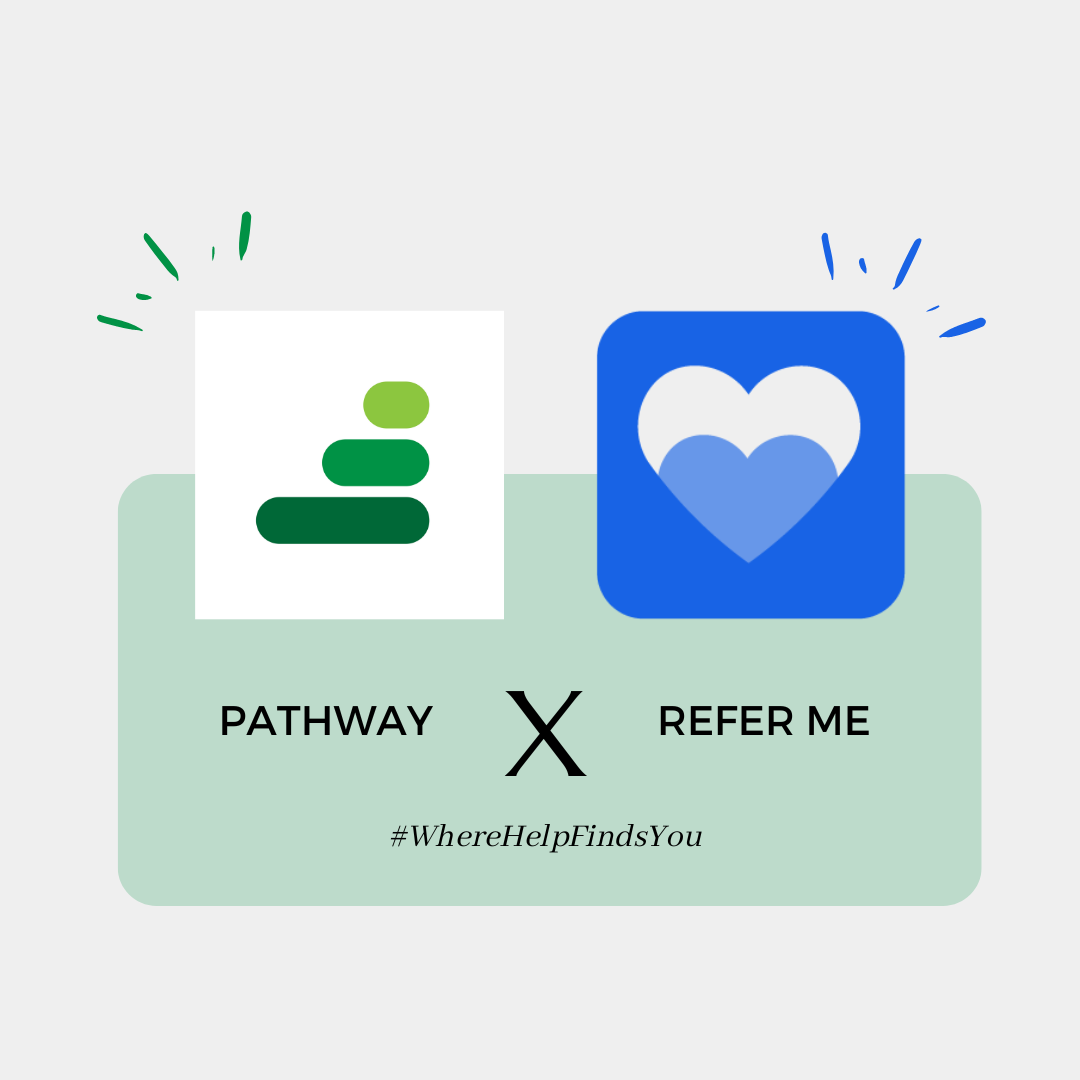As a college student, building network connections may not be at the top of your priority list. With classes, homework, and extracurricular activities taking up most of your time, it’s easy to overlook the value of networking. However, building a strong network can be a crucial factor in achieving career success. By making connections with professors, alumni, and industry professionals, you can gain access to job opportunities, insider knowledge, and professional development resources.
Table of Contents
Building Network Connections
To start building network connections as a college student, one effective way is to join student organizations related to your field of interest. These organizations often host networking events where you can meet like-minded individuals and potential mentors. It’s an excellent way to meet people who share the same passion and interests as you. You can learn about their career paths, how they got started in their field, and ask for advice. By attending these events, you’ll have the opportunity to connect with professionals in your industry, build relationships, and learn about potential job opportunities.
Another valuable resource for building network connections is alumni. Your college likely has an alumni network that you can tap into for advice, mentorship, and potential job opportunities. Don’t be afraid to reach out to alumni in your field and ask for their guidance. Alumni have been in your shoes and can offer insight into the industry or specific careers. Some alumni are more than happy to help students and offer mentorship or internships. Professors can also be a valuable resource for networking, as they often have connections within their industry.
In today’s digital age, social media platforms like LinkedIn and Twitter can also be effective tools for building network connections. By creating a professional profile and engaging with others in your field, you can expand your network beyond the boundaries of your campus. LinkedIn, in particular, is a popular social media platform for professionals. It allows you to showcase your skills, education, and experiences. You can join groups related to your field of interest and participate in discussions, share your thoughts and ideas, and connect with professionals from all over the world.
Building network connections can be challenging, especially if you’re shy or don’t know where to start. However, by taking small steps and putting yourself out there, you can overcome these challenges and build a strong network that will serve you well throughout your career. Don’t be discouraged by rejection or setbacks; every connection you make is an opportunity to learn and grow. Need help taking the next step? Click here to start networking within your industry!
Advantages of Strong Network Connections
Networking can open doors to job oppurtunities. A strong network can provide you with access to the hidden job market, which refers to job openings that are not publicly advertised. Many job openings are filled through word-of-mouth referrals or personal recommendations. With a strong network, you’ll be the first to hear about job opportunities, and you’ll have a foot in the door when it comes to applying for these positions.
As you connect with professionals in your field, you’ll have the opportunity to learn about the industry, job roles, and trends. You can ask for advice on how to navigate your career path, gain insight into the skills and experiences required for different roles, and receive feedback on your resume or portfolio. By building relationships with people in your field, you’ll have access to insider knowledge that can help you make informed decisions about your career.
Networking can lead to mentorship opportunities. A mentor is someone who provides guidance, support, and advice to help you navigate your career. Mentors can be invaluable in helping you develop the skills and knowledge you need to succeed in your field. By building strong network connections, you can find mentors who are willing to invest their time and energy in your development. Mentors can help you develop your career goals, provide feedback on your work, and introduce you to new opportunities.
Lastly, networking can help you develop your personal brand. Your personal brand is how you present yourself to the world and how others perceive you. By building a strong network, you’ll have the opportunity to showcase your skills, knowledge, and experiences to others in your field. You can use social media platforms like LinkedIn and Twitter to share your thoughts and ideas, participate in discussions, and connect with professionals from all over the world. By building your personal brand, you can establish yourself as a thought leader in your field, which can lead to new opportunities and career growth.
Maintaining Network Connections
As a college student, building network connections can be a valuable way to enhance your academic and professional life. However, it’s equally important to maintain those connections over time. Maintaining network connections involves staying in touch with the people in your network, building rapport, and nurturing relationships. Here are some tips for maintaining network connections as a college student.
Keep in touch regularly. Reach out to your network connections periodically to catch up on their life and career progress. Share updates on your own life and academic progress. You can use social media platforms like LinkedIn and Twitter to keep in touch with your network connections. Send a quick message or email to check in and see how they’re doing.
Attend networking events and conferences. Attend events and conferences in your field to meet new people and expand your network. Be prepared to introduce yourself, share your interests and goals, and ask questions of others. Networking events can be a valuable way to build new connections and strengthen existing ones.
Be helpful to others. Maintaining a strong network involves giving as well as receiving. Be willing to help your network connections when they need it. Offer to connect them with people in your own network who might be helpful. Share information about job opportunities or industry trends that might be of interest to them. By being helpful to others, you’ll build trust and respect in your network.
Do you love to help others reach their full potential? Consider becoming a mentor!
Success Story

How does Isaiah Hogan, CEO & Founder of Pathway use Network Connections to his advantage?
“In the world of startups and non-profits, building a team can sometimes feel a bit like assembling a crew for a heist movie. You need a group of people, each with their unique skills and talents, bound together by a common goal.
When it came time to gather a team for Pathway, it was less ‘Ocean’s Eleven’ and more ‘Friends Reunion’. I didn’t need to scour LinkedIn or job boards. Instead, I looked at my immediate circle, my friends. Why? Because I knew their strengths, their passion, and their commitment. They were individuals I could trust implicitly and communicate with candidly.
So, I began reaching out, not with formal job descriptions or interviews, but with heartfelt conversations. One by one, they came on board, each bringing a unique piece of the puzzle to the table.
And this strategy extended beyond my immediate circle. My friends opened their own networks, bringing in more brilliant minds committed to our cause. This way, our team grew organically, but it also grew strong – bound by mutual respect, shared connections, and a united vision.
This approach allowed us to move at light speed. We didn’t have to decipher corporate jargon or spend time understanding each other’s work styles. We had that ‘shortcut’ to communication, that natural synchronicity you only get with people you know well.
With this team, we’re not just colleagues – we’re friends on a mission. And when you have that kind of bond, you can build something truly extraordinary. That’s the magic behind Pathway.”
Pathway is Here to Help
Pathway helps with building network connections by providing mentorship opportunities. The movement connects students with alumni or professionals who can provide guidance, support, and advice. Mentors can help students navigate their career path, provide feedback on their work, and introduce them to new opportunities. Having a mentor can be invaluable for a college student, and Pathway provides a platform for students to find and connect with mentors.
The organization offers workshops and trainings on topics like resume building, interview skills, and job search strategies. By providing these resources, Pathway helps students develop the skills and knowledge they need to succeed in their careers.
Finally, Pathway can help students maintain their network connections. The program provides a platform for students to stay in touch with their mentors and other network connections. Students can use the platform to share updates on their life and career progress, ask for advice or help, and build rapport with their connections over time.






